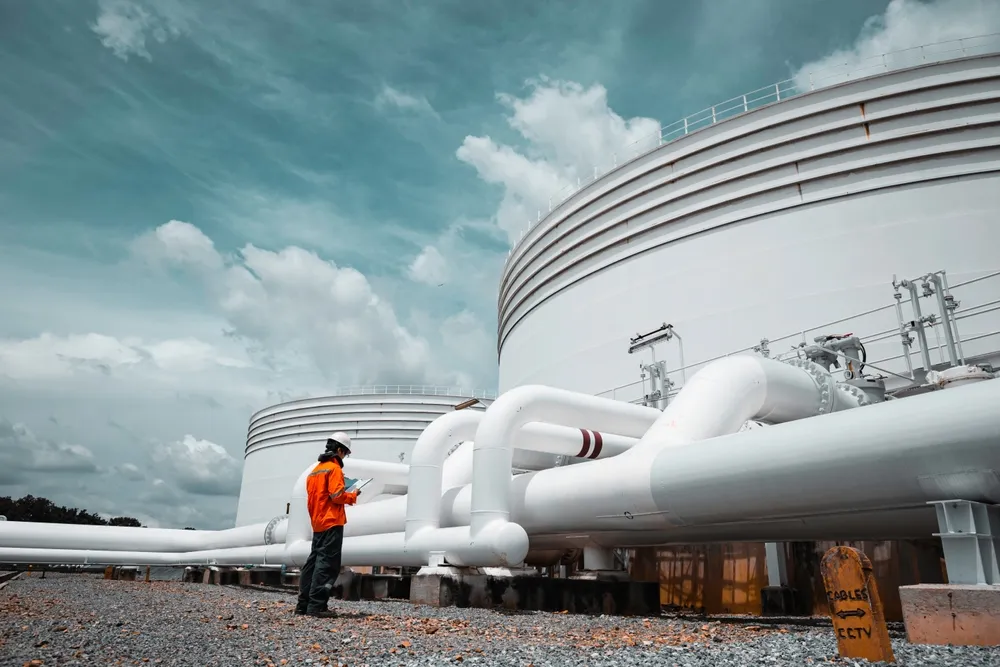Mini-Master in Hydrocarbon Production and Operations Course
Introduction:
The Mini-Master in Hydrocarbon Production and Operations mini-semester course provides a comprehensive view of the entire life cycle of hydrocarbon production and the associated facilities. This course offers an in-depth study of oilfield production handling and treatment systems, focusing on fluid movement from the reservoir to the final consumer. Emphasis is placed on reserve and fluid property evaluation and estimation, equipping surface facility engineers with the skills needed to design and oversee relevant systems and their supporting infrastructure.
Objectives:
Upon completion of this Mini-Master in Hydrocarbon Production and Operations course, participants will be able to:
- Explore Global Oil and Gas Statistics: Analyze reserves, production, consumption, and exports, supported by graphical representations.
- Understand Operational Structures: Manage downstream, midstream, and offshore facilities and their associated operations.
- Develop Treatment Options: Explore methods for the treatment of oil, gas, and by-products, including exploration, drilling, and production techniques.
- Comprehend Field Facility Operations: Understand operations of wellheads, flow lines, separators, tanks, pumps, compressors, pipelines, and gas processing facilities.
- Evaluate Reserves and Recovery: Assess oil and gas reserves, and compare artificial lift and enhanced recovery methods.
- Address Industry Challenges: Recognize new directions in offshore activities, extended reach and horizontal drilling, and safety concerns.
- Understand Petroleum Economics: Gain a general understanding of petroleum economics and risk evaluation.
Training Methodology:
- Interactive lectures
- Case studies and real-world examples
- Group discussions and peer learning
- Problem-solving workshops
- Assessments and quizzes
Course Outline:
Unit 1: Introduction and Overview
- Global energy statistics
- Hydrocarbon industry components
- Upstream operations
- Exploration methods
- Seismic surveys
- Drilling operations
- Drilling problems and challenges
- Testing and completion
- Hydrocarbon production challenges
- Well stimulation and maintenance
Unit 2: Hydrocarbon Properties
- Rock properties
- Porosity and permeability
- Estimating hydrocarbon reserves
- Oil and gas production
- Artificial lift methods and facilities
- Reservoir drive mechanisms
- Pressure maintenance technologies
- Hydrocarbon recovery methods
- Primary, secondary, and tertiary recovery
- Reservoir simulation
- Oil and gas field surface facilities
Unit 3: The Downstream Operations
- Wellhead types
- Production manifolds
- GOSP facilities
- Oil and gas separation
- Emulsion treatment
- Separator types, operation, and troubleshooting
- Oil treatment, storage, and transportation
- Oil tank types
- Gas treatment and processing
- Process troubleshooting
Unit 4: Heat Exchangers
- Pumps and compressor stations
- Refinery operations and products
- Troubleshooting operational issues
Unit 5: Technological Components at Work
- Occupational safety and accident prevention
- Workplace issues
- Corrosion control and cathodic protection
- Preventive measures and scaling treatment
- Petroleum management and risk analysis


















